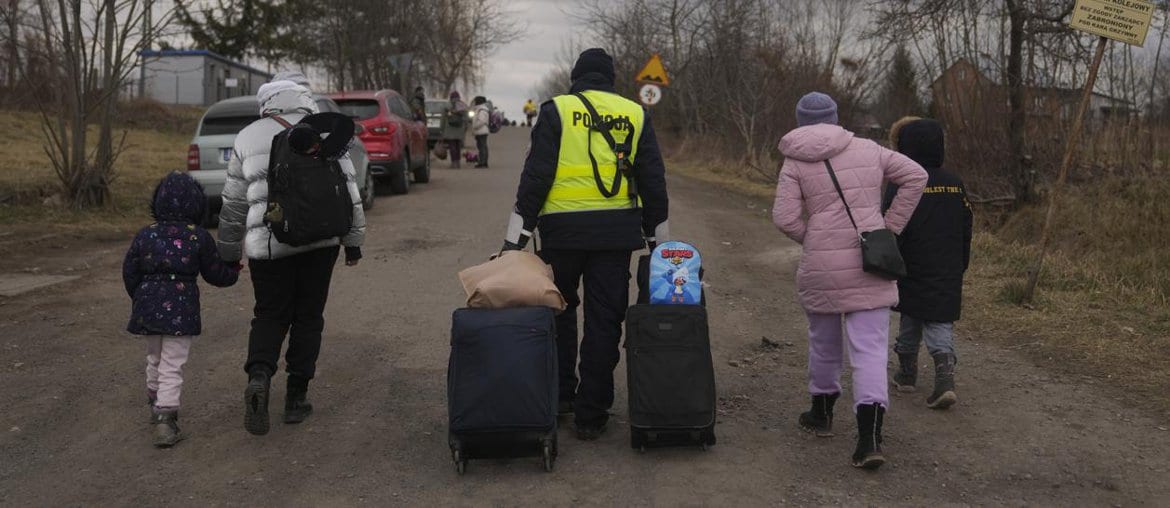from our reporter
Brussels – Today, Tuesday, March 8, the European Commission presented an action plan by which the European Union’s dependence on Russian gas could be eliminated before 2030. Among other things, in the context of a sharp increase in energy price lists, the EU executive intends to relax the rules rules for government assistance, allowing for the regulation of energy prices at the national level, and promoting gas storage in Europe.
“We must become independent of Russian oil, gas and coal,” said European Commission President Ursula von der Leyen. We must work to mitigate the impact of higher energy prices, diversify our gas supply for the coming winter and accelerate the transition to clean energy. First, let’s turn to renewable energies and hydrogen (…) the sooner we can become truly independent and perfect our energy system ».
The community initiatives come after two weeks of fighting in Ukraine, which was invaded by the Russian army at the end of February after years of tensions between the two countries. The dramatic invasion caused fears in the oil and financial markets, which, among other things, contributed to a sharp rise in the prices of some commodities. This week, a barrel of oil touched $140, while a ton of wheat rose to €435, an increase of 40%. The main goal in the package presented today is to eliminate dependence on Russian hydrocarbons by 2030.
how? diversifying gas supplies, by increasing imports of liquefied gas and increasing production of bio-methane and renewable hydrogen; In addition to reducing the faster use of fossil fuels in homes, industry and the power system, increasing energy efficiency and using renewable energies.
According to the European Commission, these options could reduce Europe’s dependence on Russian gas by two-thirds by the end of the year. At the same time, in order to avoid the dangers of gas shortages during the winter, Brussels intends to introduce a legislative text by April that requires member states to have underground reserves 90% full on October 1 each year. In this circumstance, the executive branch of society wants to promote solidarity among national governments.

“Infuriatingly humble analyst. Bacon maven. Proud food specialist. Certified reader. Avid writer. Zombie advocate. Incurable problem solver.”


